Many make excuses for their eating habits, even though they admit they know the importance of eating a healthy balanced diet. When comparing a balanced diet to a balanced education a student said “it’s like making sure you eat all the food groups every day. You can’t just eat chocolate because you like chocolate, and you can’t just do art because that’s the class you like – you have to do all the subjects.” But, what if there was a was to integrate all subjects through the ones your students are most interested in. What if you made a casserole with the subjects, and covered up the parts students didn’t enjoy – like covering the veggies with melted cheese encouraging those picky eaters to try it. It might work – but are we teaching them to learn to love veggies that way?
What if we could get them to enjoy all the food groups – including the veggies? What if we could get the student who loves art to also love math, and the student who loves gym to also love science, and for all students to love reading and writing… The best part of my day is watching a student love learning especially if they are loving learning something new, especially if they are loving learning something they struggled with or were hesitant to try. Children can be picky about school subjects, foods, clothes, toys, tv shows … My children are no different. You can blame sensory issues, stubbornness, anxiety or whatever for a child being picky. You can decided it’s not a battle worth fighting over and cover the veggies with cheese and hope they don’t notice or you can encourage them to overcome the issue. You can encourage through reason of why the veggies or whatever are important, or you can encourage by exposure and modeling, or you can utilized their strengths and talents to build confidence in their ability to try new things and overcome obstacles.
Different methods work for different kids and I’m not sure if it was one of these approaches or the combination that worked for us, but I love that our boys ask for veggies as a side in a restaurant and I love that despite obstacles our boys have overcame challenges others didn’t believe would be possible and they are loving learning about all subjects. Yes, they have their favorite foods and favorite subjects and favorite clothes, toys and tv shows but that simply shows their personality, and teaches me how to teach them best using their interests and gifts. It doesn’t limit their options and it doesn’t mean they can’t change interests, or excel in new areas. Just because my youngest plans to be a ninja doesn’t mean he has to stick to that plan in the future, and just because my oldest wants to be a singing astronaut doesn’t mean he can’t become just that. Interests and abilities can change. Our last article talked about how this season is full of change. Although Spring is considered the season of growth fall doesn’t mean the opposite. Fall is the season to reflect on how much growth you have made through the year. Look at the harvest that has produced many veggies and fruits, which started as a simple seed.
Each fall I try out new curriculums and go back to old favorites for homeschooling my boys, tutoring other children, and teaching little ones in our child care program. I consider students interests, needs and goals while picking out curriculums that provide the seed to a balanced education. One balanced curriculum is Mother Goose Time (most photos shown are MGT products), which provides experiences in various subject areas through a monthly themed approached. This months focus is “in the orchard” and this week we explored the fruits in orchards. Just as it is important to have a balanced diet of various food groups, it is also important to have variety within each group. How many types of fruits have your children tried – how many types of apples alone – what’s your favorite type of apple? I like red delicious, my youngest says granny smith, my oldest says the ones at his aunts farm… a little boy visiting on apple tasting day decided he liked all the kinds if there was carmel to dip them!
Sadly “try it and you’ll like it” doesn’t instantly work, but studies show repeated tries helps accustom taste buds to new flavors and textures. Trying new subject matters and presenting the information in different ways can also help a struggling student understand and actually learn to love learning new information. Having a friend play teacher and present the information is another way to help a struggling student learn or be willing to try new things. Peer modeling is often more affective then adult encouragement. Also peer modeling is one of the best ways to build confidence and motivation for themselves. Struggling students gain skills teaching their peers. I found my boys do not have anxiety reading to younger students (or a stuffed animal) as they do with adults. They loved me reading this weeks “Johnny Appleseed” story, but loved even more reading the “I can read” books and “Little Jack Horner” poem to a little friend.
They loved singing and dancing along with the orchard music, making crafts and playing games related to the fruit studies – from apples, to cherries, lemons, oranges and plums we enjoyed experiments, make believe and of course taste testing. We compared the fruit sizes, shapes and colors then compared those categories with veggies. This one week could have extend into a whole months study, as a simple topic of fruit provided ample opportunity for us to learn about all subject matters from language and literacy to math and science … social studies field trips to orchards and what grows in our areas vs far off farms … we worked on small motor skills with manipulatives and danced into large motor skills. From music to art activities we worked on basic skills. The topic of fruits and veggies and other foods has made an easy transition into who eats what. What do the animals in our home, in the woods or at the farm eat? We can’t wait to learn about the animals in the orchard next week.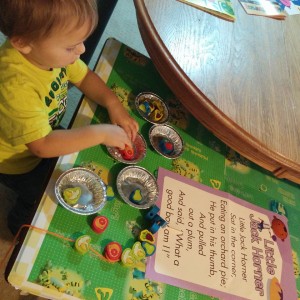
If you’d like your child to learn with us check out ADVENTURE ACADEMY for more information or email christi@MiFamilies.com. If you’d like to learn about other education and recreation programs facilitated by Mi Families CLICK HERE. If you’d like to network with other parents and providers find us on all our social media sites: Linked In, Facebook, Twitter, Pinterest, YouTube… and if you’d like to read about our activities in the orchard next week make sure you subscribe above. THANKS FOR READING THIS WEEKS ARTICLE!

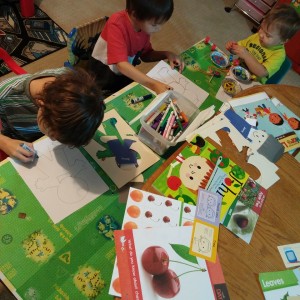
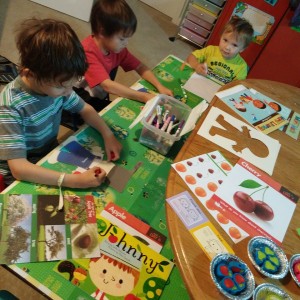
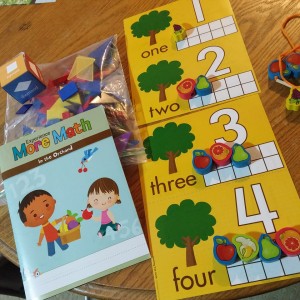
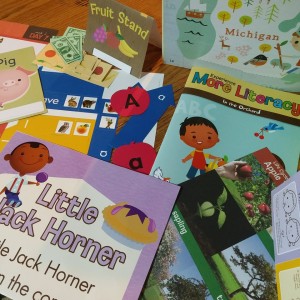
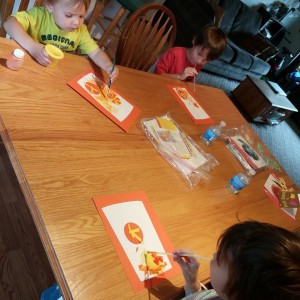

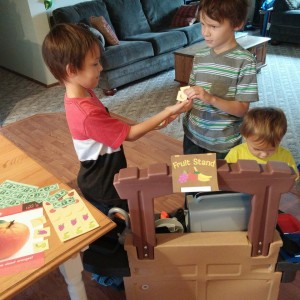

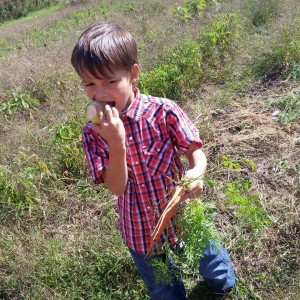
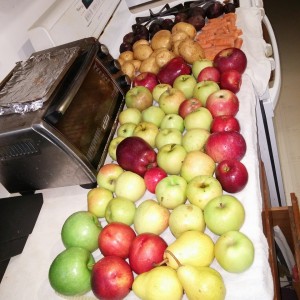
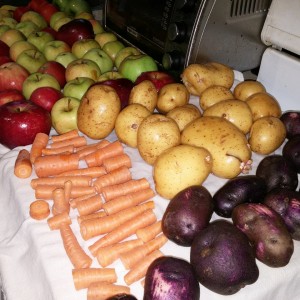


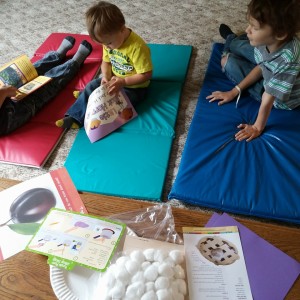

Leave a Reply